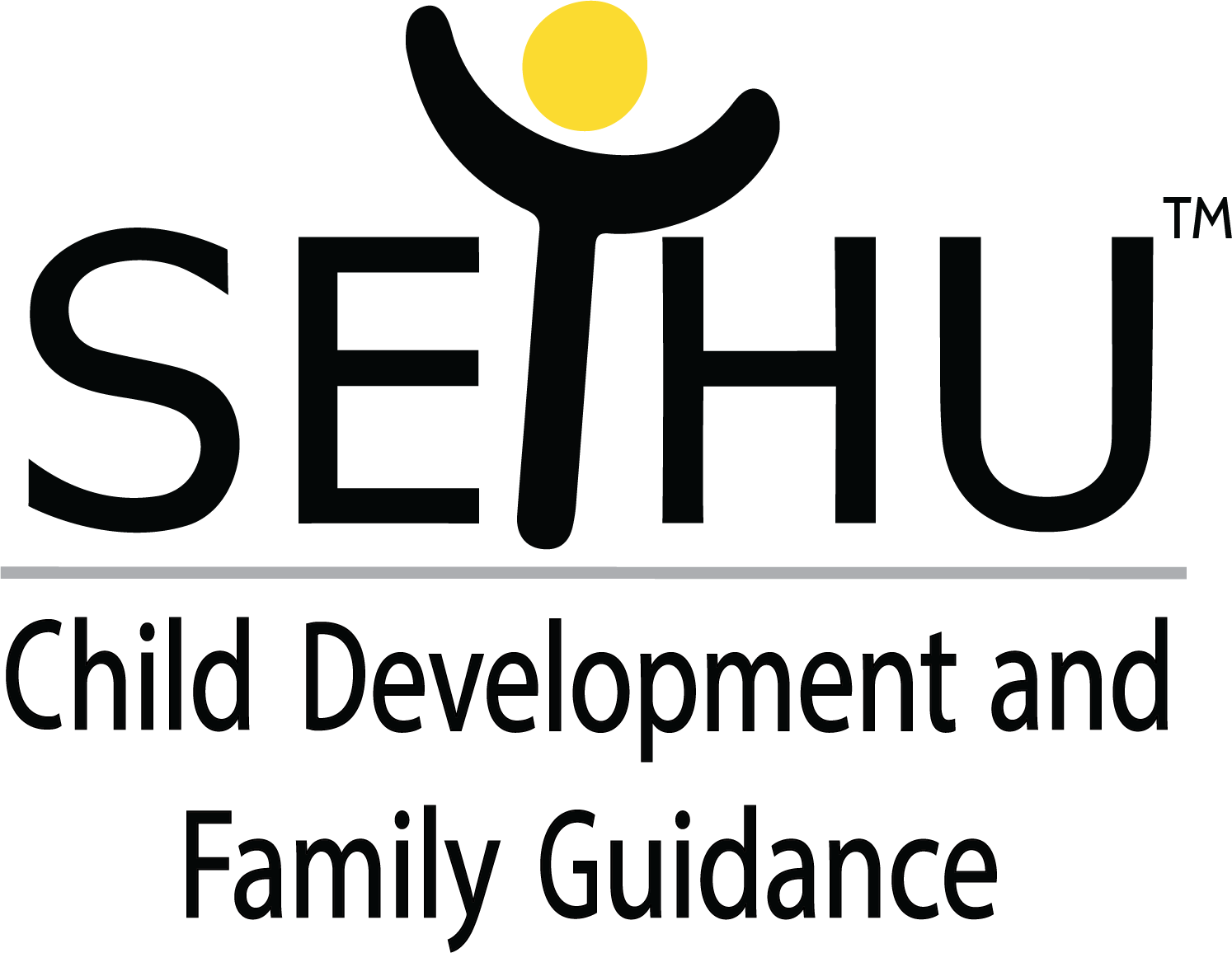The study stands out for its emphasis on a resource-efficient programme tailored to be solely facilitated by caregivers of autistic toddlers. It showcases the potential to identify and commence parent-mediated interventions that empower parents and support developmental progress in autistic toddlers. The interventions also hold promise for timely intervention in hard-to-reach communities within high-income countries.
The key findings were as follows:
- The study involved virtually training coaches in Goa to achieve coaching fidelity and become Site Trainers who can train local clinicians independently. This train-the-trainer model enhances programme sustainability, especially in global public health for autism care.
- The coaches were trained to deliver the programme with flexibility in language and mode. About 20% of families chose coaching in a local language and 70% opted for remote access, showing no impact on outcomes. This demonstrated the programme’s adaptability across languages and settings. The high retention rates of over 85% of families indicated the acceptability of the parent-mediated approach for autistic toddlers.
- Caregivers learned coaching techniques that enabled the toddlers to make developmental gains. Video-coded outcomes showed that parents had acquired more strategies to promote their child’s social communication and engagement, and that the toddlers’ vocalisations had also increased. The results were comparable to Canadian findings. The caregivers also reported improved skills to work with their child.
- The decrease in parent-reported stress was not statistically significant. This differs from other caregiver programmes in India and the Social ABCs in Canada. The study was underpowered but the trend is positive for addressing parenting stress in parent-mediated interventions, crucial for parental well-being.
- The programme in India made adaptations in language, metaphor and structure to meet caregiver needs. The adaptations, which included offering the programme in local languages, using local metaphors, and a hybrid delivery model, were well-received, with families appreciating the individualised approach. Cultural adaptations beyond language and structure were not deemed necessary due to shared programme values and prior experience with diverse families. The training curriculum was adjusted to include autism literacy to enhance the coaches’ understanding of young autistic children’s needs.
